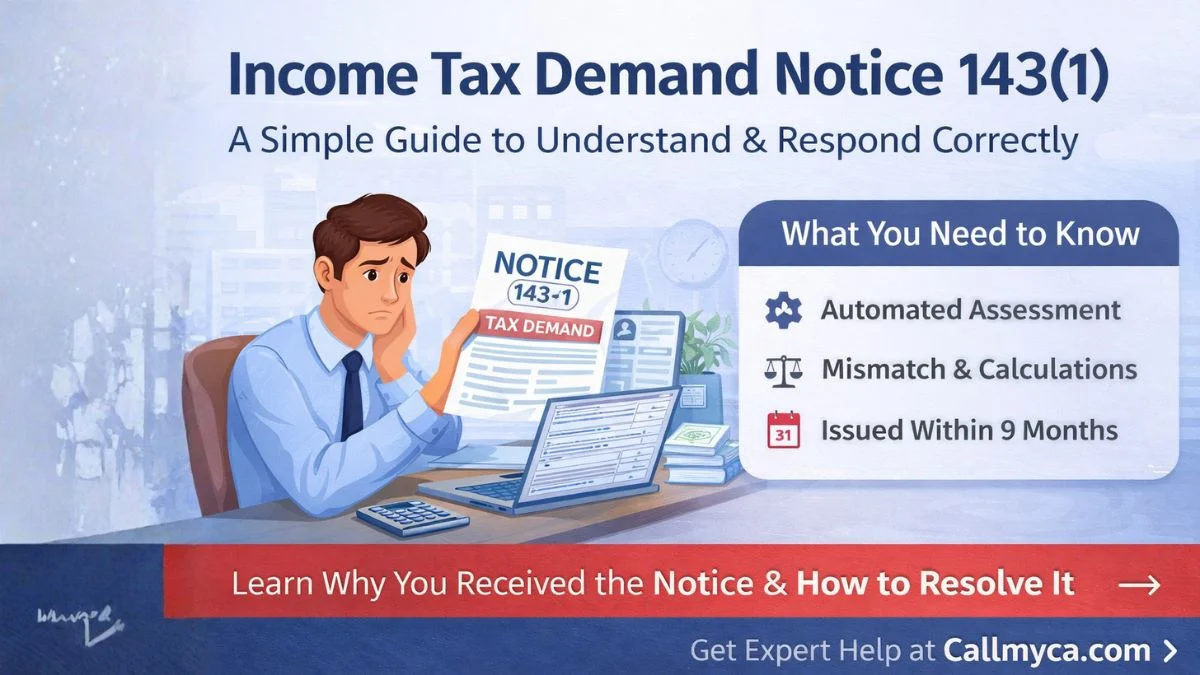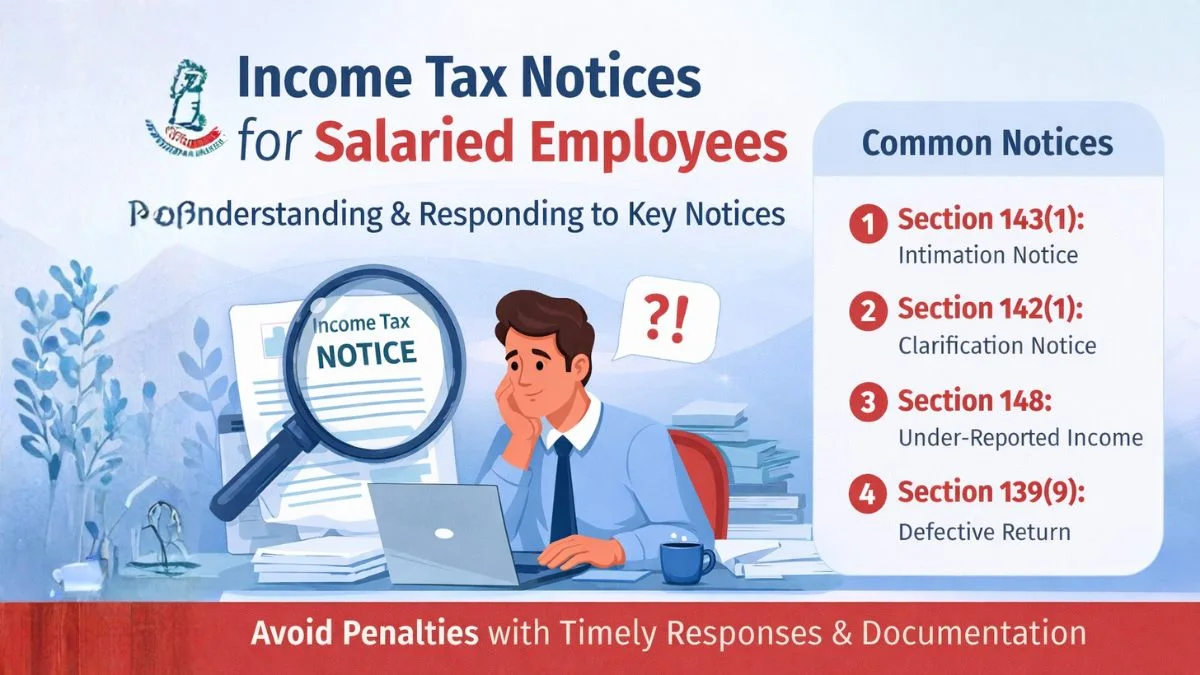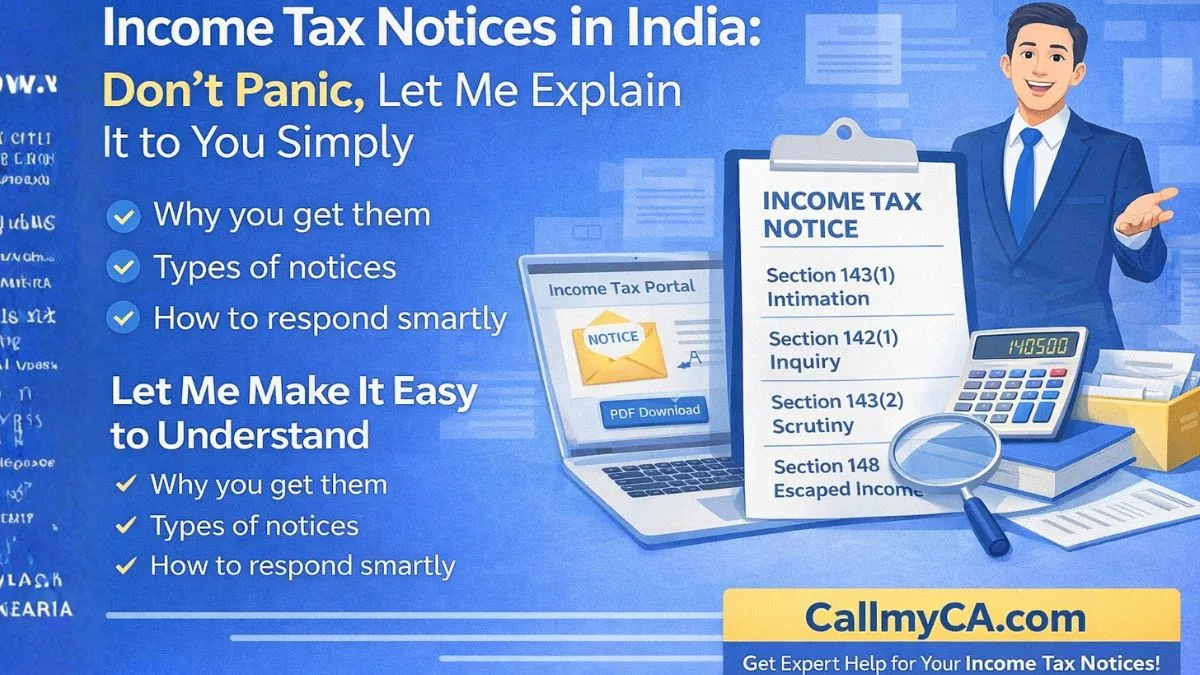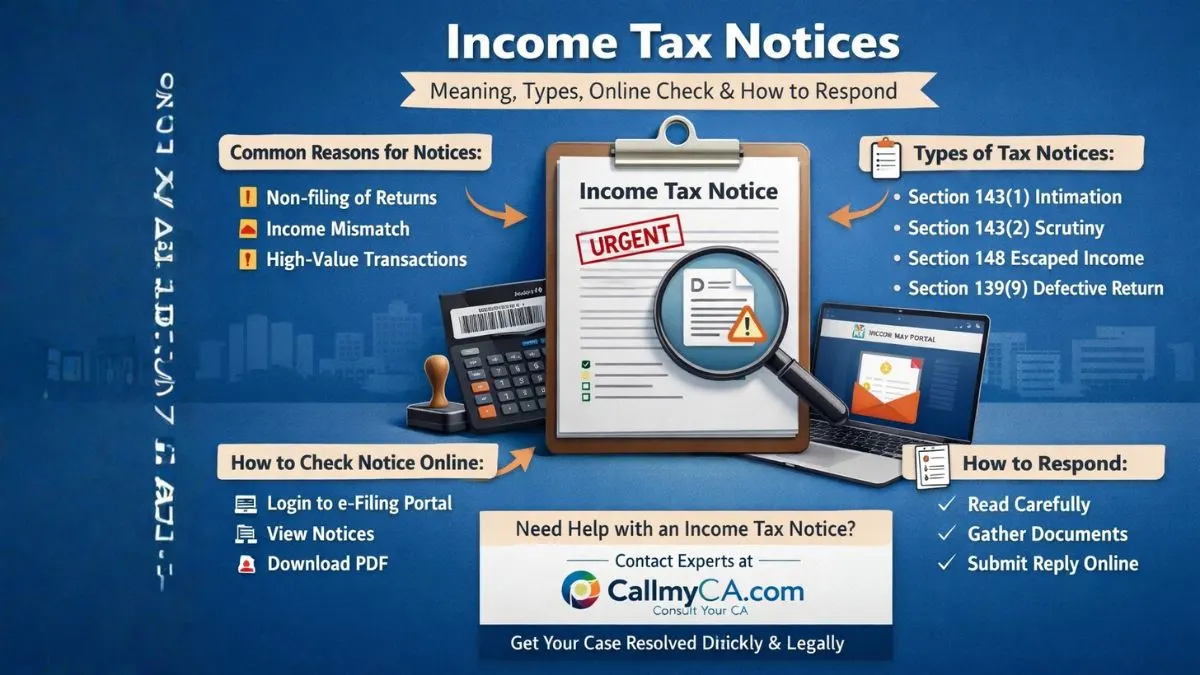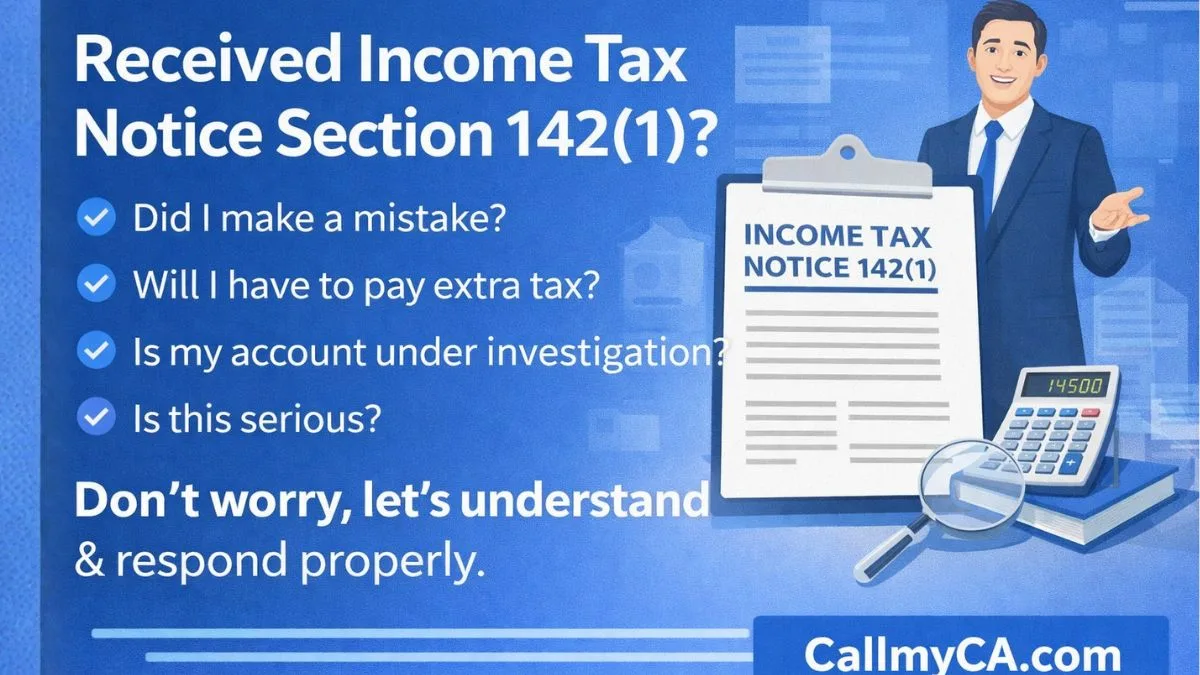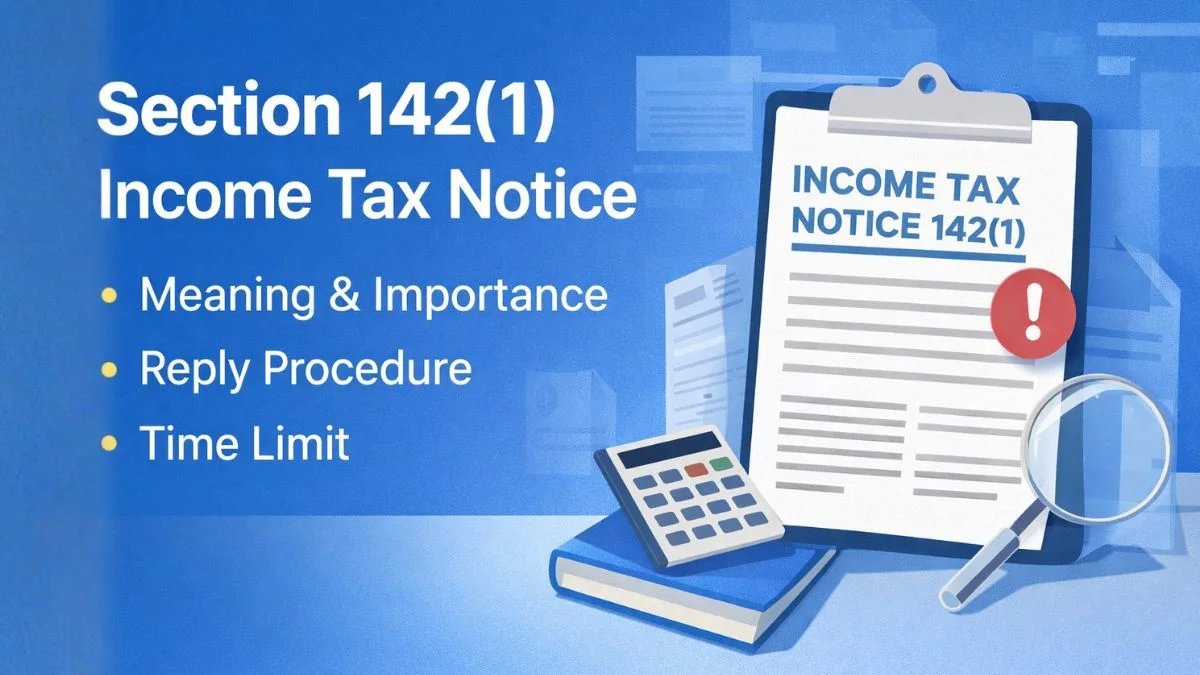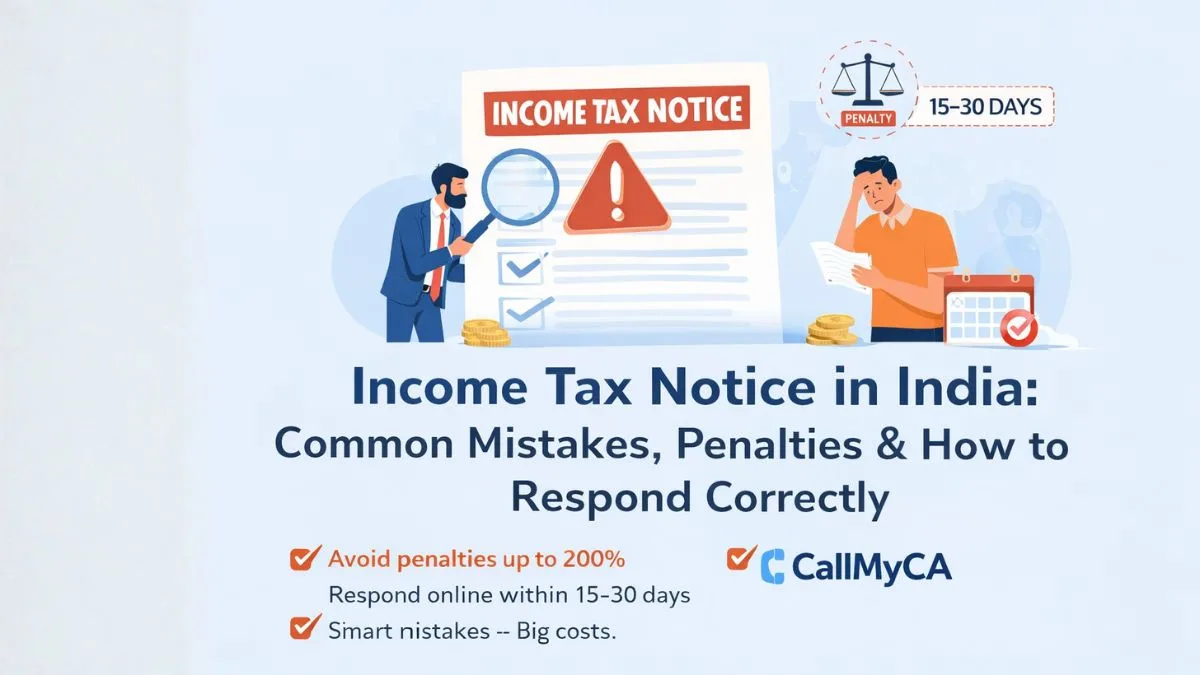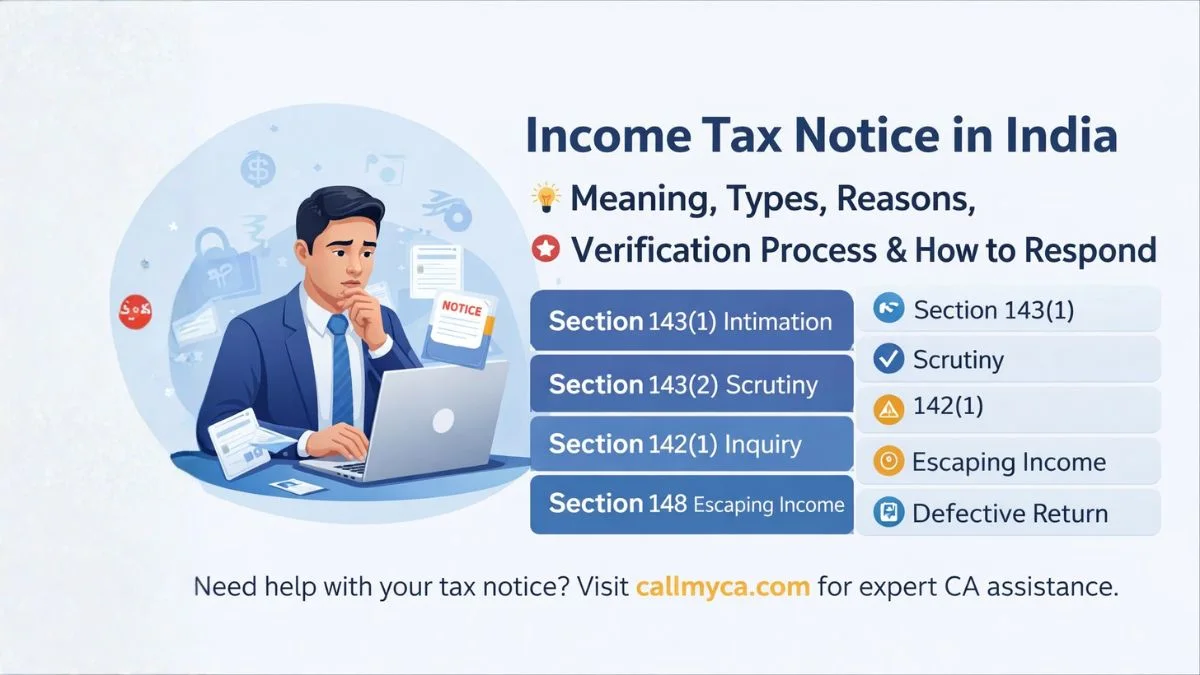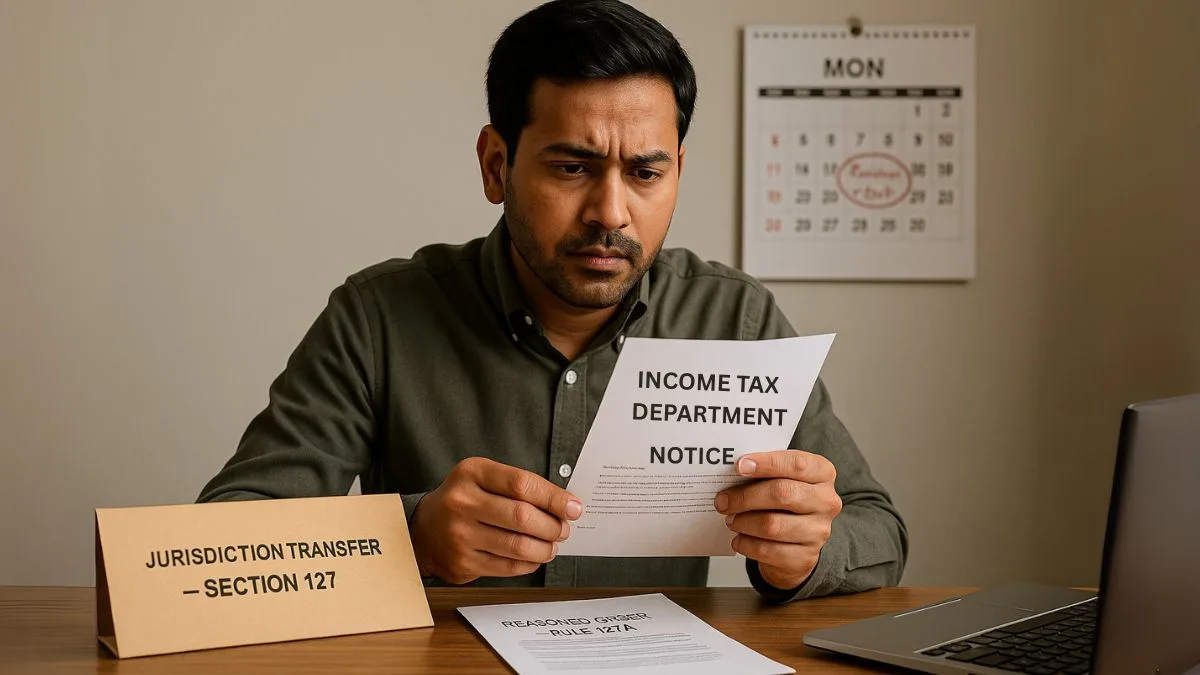
Income tax proceedings in India can originate from various jurisdictions across different cities, assessment units, or even through digital platforms. Amid this operational diversity, two often-overlooked but crucial provisions ensure procedural fairness and legal validity: Section 127 and Rule 127A of the Income Tax Act.
- Section 127 empowers the transfer of cases between tax authorities across different jurisdictions, ensuring administrative convenience without compromising the taxpayer's rights.
- Rule 127A, on the other hand, governs the authentication of electronic communications such as notices, orders, & assessments, thereby validating digital interactions with the Income Tax Department.
A clear understanding of these provisions is essential for taxpayers, particularly when their case is transferred to another location or when they receive digitally signed communications. Compliance hinges not only on timely response but also on the recognition of legally valid notices and jurisdictional changes.
Section 127: Power to Transfer Cases
Section 127 grants power to senior tax officials—like the Principal Chief Commissioner (PCCIT), Chief Commissioner (CCIT), Principal Commissioner (PCIT) or Commissioner—to transfer cases across jurisdictions. Transfers can happen:
- Within the same officer’s jurisdiction
- To another Commissioner within the same region
- Even across different regions, if both the concerned senior officers agree
The key criteria?
- ‘Reasonable opportunity of hearing’ must be provided to the taxpayer.
- The order must be supported by written reasons.
- Transfers can happen at any stage—pre‑assessment, assessment, or post‑assessment.
- If all offices are in the same city/locality, no hearing is required
Why Section 127 Matters
- Helps manage the tax department’s workload
- Ensures cases are heard in a suitable forum, not necessarily where the taxpayer is based
- Enables fairness, removing bias or backlog
- Prevents harassment of taxpayers by concentrating authority in one officer’s hands
How Transfers Work
Let’s say you’re based in Jaipur and get a notice from the Jaipur AO, but your Mumbai transactions are under dispute. Your case could be shifted to the Mumbai AO if it’s more appropriate. It avoids the doubling-up of evidence & ensures hearings in one office.
Transfers don’t require repeating notices already issued—the proceedings simply continue under the new AO’s name.
Rule 127A: Authentication of E‑Notices and Documents
As processes have digitised, the Income‑Tax Act has been adapted. Through Rule 127A, e‑notices and electronic documents must be authenticated, or they may not stand in a legal proceeding "
Key requirements:
- The name and office of the tax authority must appear in the email body or its attachment.
- Documents must come from a designated official email or be published on the specified official website where the name & office are visible.
- The CBDT’s nodal systems team defines the formats and standards for these communications
Why Authentication Matters
- Ensures legal validity of digital notices
- Prevents fraud or phishing attacks
- Confirms the notice isn’t impersonated
- Upholds procedural fairness by identifying the issuing authority
Intersection: Section 127 Rule 127A
These provisions work together to protect taxpayer rights:
- When your case gets transferred under Section 127, any subsequent notices must comply with Rule 127A.
- If notices post-transfer are not properly authenticated, they can be challenged for procedural irregularity.
Common Issues & Compliance Tips
For Taxpayers:
- Verify the issuing authority on any digital notice
- Raise queries if details are missing or seem suspicious
- Submit objections in writing before transfer or hearing under Section 127
For Tax Authorities:
- Include complete details in e‑notices: name, office, credentials
- Use secure email domains and follow CBDT protocols
- Always record reasons and provide a hearing before transfer"
Real‑Life Scenario
Ram from Jaipur was served a notice for AY 2021‑22 by the Jaipur AO even though his key transactions happened in Mumbai. He objected, citing jurisdiction. The PCIT (Jaipur) transferred the case to the Mumbai AO under Section 127. Mumbai AO sent authenticated emails via the department portal. Ram got clear communication & attended hearings in Mumbai.
Final Thoughts
Section 127 ensures that cases are placed in the right jurisdiction while preserving fairness through hearings and documented reasons. Meanwhile, Rule 127A guarantees that e‑communications from the department are genuine, traceable, and valid.
Together, these provisions safeguard taxpayer interests and streamline digital and physical proceedings under the Income‑Tax Act.
Received an unauthenticated e‑notice? Facing jurisdictional issues after a case transfer under Section 127? Let our tax experts at Callmyca.com guide you through legal responses and ensure full compliance—no more hassles or surprises!

